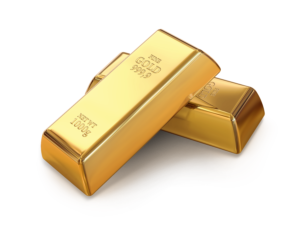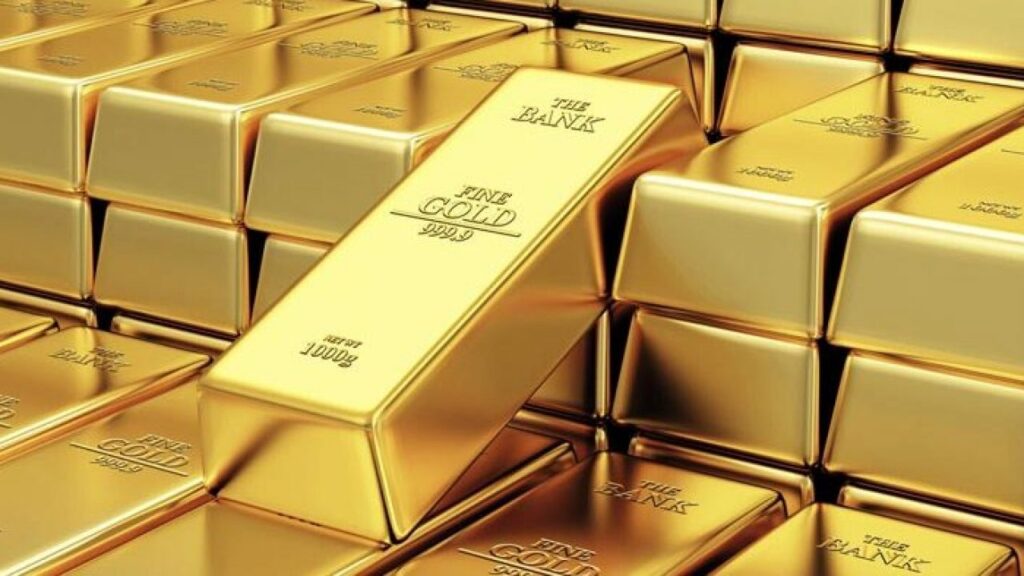The value of gold is determined in Sarafa Bazaar which is present in the city of lights, Karachi. The prices are mostly the same as in Karachi in all the other cities like Lahore, Peshawar, Islamabad, Rawalpindi, Multan, Faisalabad, Quetta, etc.
Gold Price In Pakistan: Historical Chart

Advantages Of Gold As An Investment
Ready Cash
Gold is one of those assets that can be quickly & easily converted into currency anywhere around the globe. Apart from real cash, the liquidity and universality of gold are unmatched.
Retains Its Value
over the years, the value of gold remains stable and cannot change drastically. The price of gold does not necessarily reflect its value because, whatever its price, gold is a commodity and there is a limited quantity of it, unlike the dollar for example.
Tangible Asset
Gold is a tangible asset that has a real existence compared to dematerialized shares or if we compare it to crypto-currencies. Gold exists. You can touch it, own it, and physically exchange it. For a Bitcoin, it’s both more complicated and much more virtual!
Hedge against inflation
The value of gold increases, even in times of inflation. As gold is pegged to a price in euros (for example), any increase in the value of this currency will also increase the value of gold and the investment in gold.
Diversification
Gold is a great diversification tool because there is typically a negative correlation between gold and financial assets. During crises, when financial assets face a downturn, gold prices tend to rise. This is why many experts recommend investing 5-10% of your portfolio in gold. Portfolio diversification minimizes risk and ensures you can better handle volatility.
Perpetuity
This metal has no expiration date, that is, due to its chemical characteristics, it never rusts or corrodes over time, like other metals. Therefore, its value does not depreciate.

Factors That Affect The Gold Rate In Pakistan
The same factors that affect other commodities, can in many ways, influence the price of gold in Pakistan. However, its high popularity and store of value imply exposure to higher profits as well as losses.
The key factors that affect the price of gold are:
Inflation
When a currency experiences higher than normal inflation, traders may prefer to direct their money towards Gold as it is relatively stable and has held its value well historically.
Supply
As with other commodities, supply has the power to lower the price of Gold if the market becomes saturated, or raise the price if supply is tight. New gold discoveries increase availability when there may have been a shortage.
Unlike some commodities like Oil and Corn, used Gold doesn’t lose its sellability. If the price goes up, it is more advantageous for miners to mine new Gold. If the price falls, they may not mine as much, resulting in less supply in the market.
Demand
The demand for metal in jewelry can trigger the demand for Gold, industrial uses, and trading. If demand is greater than supply, the price may rise. On the other hand, if demand is low and the market is in surplus, the price may go down to attract buyers or it may go up depending on buyer demand.
The US Dollar
Gold is priced in dollars, making the US currency a factor in how attractive gold is to foreign investors. If someone trades Euros, British Pounds, or another currency, a devalued USD can make the commodity more attractive, while a stronger dollar can have an adverse effect.
Geopolitical Events
As a global metal, geopolitical events can affect the supply of this precious metal. Events can also affect the movement of currencies, changing the relative value of gold and potentially causing large numbers of traders to move towards or away from this commodity.
If you have any queries or complaints, just leave a comment below and we will respond as soon as possible.
